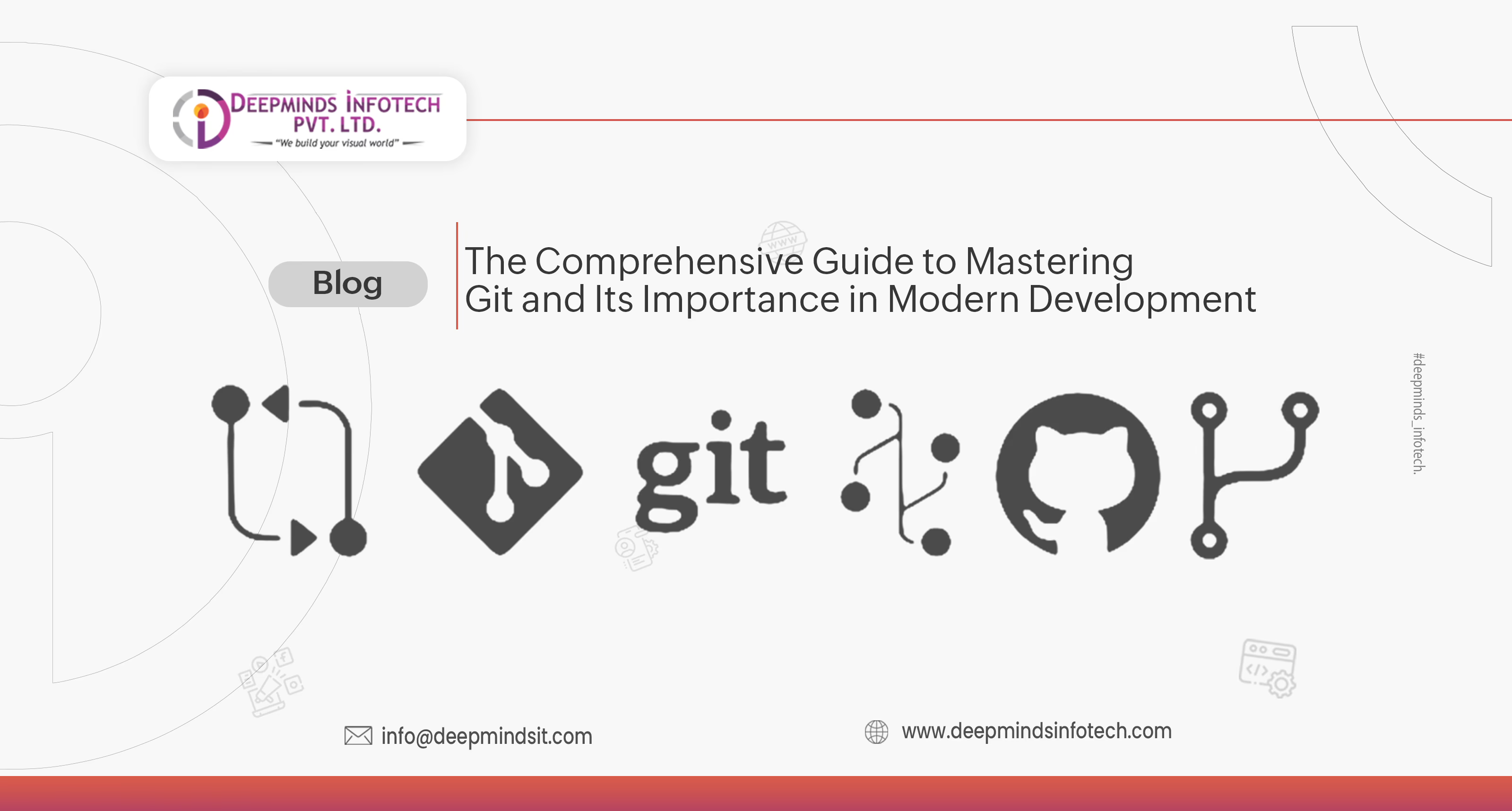Blog
The Comprehensive Guide to Mastering Git and Its Importance in Modern Development
Git is a distributed version control system that can manage anything from tiny to extremely large projects quickly and efficiently.
.avif?v=1.0.19)
Git is a distributed version control system that can manage anything from tiny to extremely large projects quickly and efficiently.
.avif?v=1.0.19)
What is git?
Git is a distributed version control system that can manage anything from tiny to extremely large projects quickly and efficiently. Linus Torvalds created Git in 2005, and it has since been the go-to option for recording changes in source code during software development.
Functions of Git:
1. Version management:
Git enables developers to track changes in their codebase for easier version management. This ensures that all collaborators have access to the most recent version and allows for easy rollback to previous states.
2. Branching and Merging:
One of Git's key features is the ability to establish branches. Developers can work on features or repairs in isolation, then effortlessly integrate them into the main codebase. This encourages parallel development without conflict.
3. Distributed Development:
Git's distributed nature ensures that all developers have a complete copy of the library. This decentralization enables offline work and improves collaboration by minimizing reliance on a central server.
Significance of Git:
1. Collaborative Development:
Git allows numerous developers to collaborate on a project simultaneously. Changes can be proposed, approved, and merged, ensuring a more efficient collaborative process.
2.Flexibility and Speed:
Git's lightweight design and effective handling of large projects make it a popular choice for speed and flexibility. This makes it suited for projects of all sizes.
Git Services:
1. GitHub:
A web-based platform that uses Git for version management. It offers extra collaboration tools such as problem tracking, project management, and wikis. GitHub has become a hub for open-source development, with millions of repositories.
2. GitLab:
GitLab is a web-based platform like GitHub. It includes features like as CI/CD (Continuous Integration/Continuous Deployment), container records, and more. GitLab can be self-hosted, giving you greater control over the infrastructure.

Git Basic Commands:
A) Getting & Creating Projects:
1) git init:
Initialize a local Git repository
2) git clone ssh://git@github.com/[username]/[repository-name].git:
Create a local copy of a remote repository
B) Basic Snapshotting
1) git status:
Check status
2) git add [file-name.txt]:
Add a file to the staging area
3) git add -A:
Add all new and changed files to the staging area
4) git commit -m "[commit message]":
Commit changes
5) git rm -r [file-name.txt]:
Remove a file (or folder)
Conclusion:
Git has transformed version control. Its functions, significance, and related products, such as GitHub, have transformed collaborative development. Understanding and understanding Git's fundamental commands is essential for any developer who wants to navigate the complexities of modern software development efficiently. Whether you're a seasoned developer or just starting out, embracing Git can take your collaborative coding experience to new heights.

Don't let your vision stay on paper. Connect with our expert consultants today to discuss your project requirements, validate your concept, and receive a detailed, non-binding quote. Let's start building the software that drives your business forward.
Projects Delivered
Worldwide Clients
Team Members
Years in Industry
Customer Retention
Customer Rating